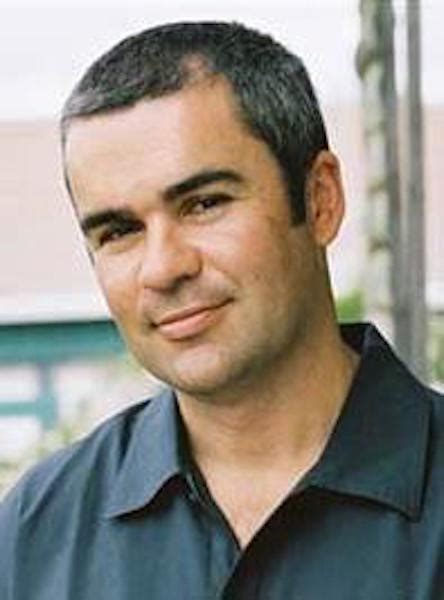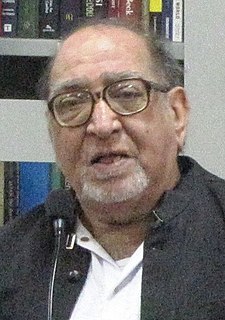A Quote by Bernard Beckett
Our world is limited by the machinery we carry. It's very different to the 18th and 19th century Enlightenment scientists who were mostly men of God and thought it was their quest to uncover God's great plan.
Related Quotes
Although the stories are very present in my book, and very present in my mind, what I was most interested in was the question of why it had attracted such a following in the 18th Century. It's less mysterious that it attracted a following in the Romantic period, and in the 19th Century, but the early 18th Century when the Rationalists fell in love with it...that was mysterious. What I wanted to look at was the forms of enchantment.
The modern world lies under a pervasive sense of anguish, of being abandoned, or at least experiencing God as absent. Yet events that seem to turn our lives upside down and inside out are part of God's redemptive plan, not only for us, but for the world in which we live. God may be preparing a great awakening for the world, if God can find enough people to cooperate in this mysterious plan.
In consequence of our limited ideas of the sufferings of Christ, we place a low estimate upon the great work of the atonement. The glorious plan of man's salvation was brought about through the infinite love of God the Father. In this divine plan is seen the most marvelous manifestation of the love of God to the fallen race.
I think that's the mother and father of all cop-outs. It's an honest scientific quest to discover where this apparent improbability comes from. Now [Francis] Collins says, "Well, God did it. And God needs no explanation because God is outside all this." Well, what an incredible evasion of the responsibility to explain. Scientists don't do that. Scientists say, "We're working on it. We're struggling to understand."
The Devil is perfectly willing that the church should multiply its organizations and its deftly contrived machinery for the conquest of the world for Christ, if it will only give up praying...The Devil is not afraid of machinery; he is only afraid of God. And machinery without prayer is machinery without God.
The 19th century Mormons, including some of my ancestors, were not eager to practice plural marriage. They followed the example of Brigham Young, who expressed his profound negative feelings when he first had this principle revealed to him. The Mormons of the 19th century who practiced plural marriage, male and female, did so because they felt it was a duty put upon them by God.
The Sufi saint Mazhar Jaan Jana of 18th century Delhi believed that the Quran condemns bowing before deities because in pre-Islamic idol worship stones were considered god. But Hindus pray to god through that idol, which is a reflection of god. In Vedas god is nirguna and nirankara, that is, he has no attributes and no shape, that is the real belief of Hindus. As Muslims visit graves, so Hindus worship idols.
It was the hard work of our people, the freedom they enjoyed and their faith in God that built this country and made it the envy of the world. In all of our great cities and towns evidence of the faith of our people is found: houses of worship of every denomination are among the oldest structures. While never willing to bow to a tyrant, our forefathers were always willing to get to their knees before God. When catastrophe threatened, they turned to God for deliverance. When the harvest was bountiful the first thought was thanksgiving to God.
I was really interested in 20th century communalism and alternative communities, the boom of communes in the 60s and 70s. That led me back to the 19th century. I was shocked to find what I would describe as far more utopian ideas in the 19th century than in the 20th century. Not only were the ideas so extreme, but surprising people were adopting them.





































